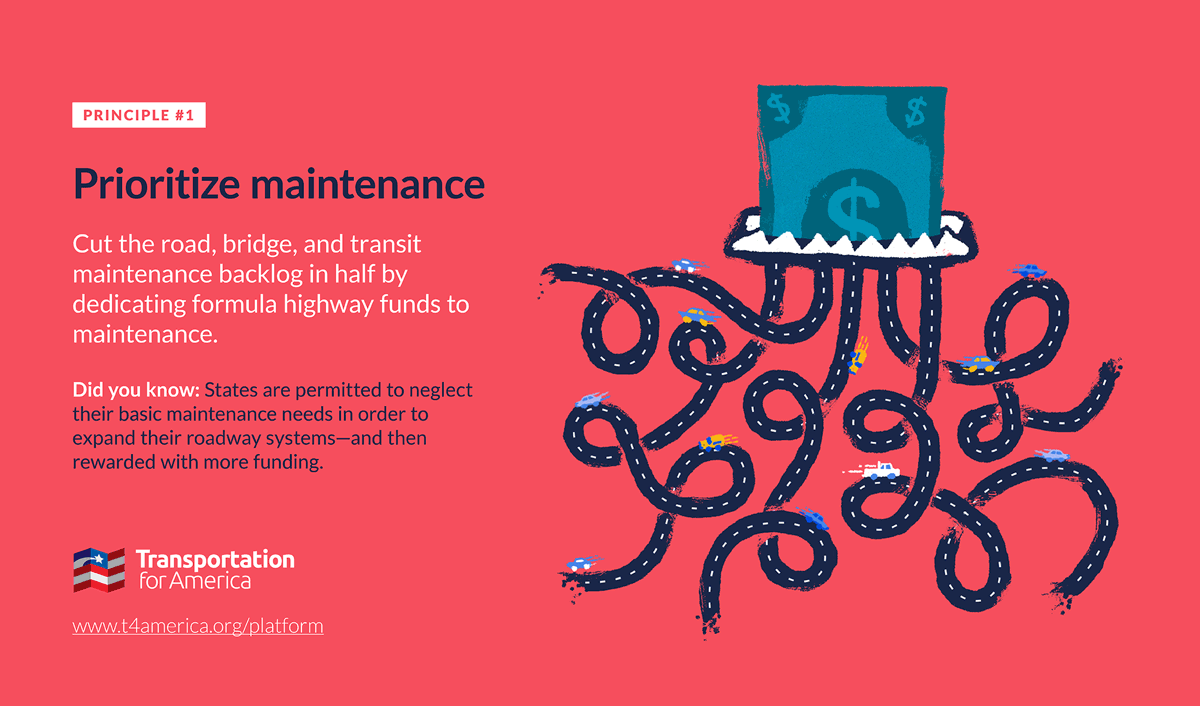Seven semifinalist cities selected over the weekend in USDOT’s Smart City Challenge
Over the weekend, while appearing at the South by Southwest Interactive festival, USDOT Secretary Anthony Foxx announced the selection of seven cities to continue as semifinalists in the first-ever Smart City Challenge — a competition that will eventually award $40 million to just one city to “use technology to connect transportation assets into an interactive network.”
Through this open competition for a sizable grant award, the USDOT and Secretary Foxx have asked cities to think big on the future of mobility, and what could they do with $40 million to bring that future to fruition.
78 cities from 34 states plus the District of Columbia applied for their chance to win the single $40 million grant. Foxx, speaking at SXSW on Saturday, said, “The level of excitement and energy the Smart City Challenge has created around the country far exceeded our expectations,” said Secretary Foxx. “After an overwhelming response – 78 applications total – we chose to select seven finalists instead of five because of their outstanding potential to transform the future of urban transportation.”
The cities of Austin, TX; Columbus, OH; Denver, CO; Kansas City, MO; Pittsburgh, PA; Portland, OR; and San Francisco, CA will now receive $100,000 each to put more meat on the bones of their proposals and create a detailed roadmap on how they will make their plans a reality. Come June, one of those cities will be selected to receive the full $40 million grant to implement their winning plan over a three-year period.
What about the other 73 cities?
USDOT kicked off an incredibly important discussion and 78 cities responded by asking big questions about the future of transportation within our cities. While we’re celebrating these seven cities today, come this Summer, there will be 77 cities that leave empty-handed, and many of them will have great ideas still deserving of help.
Where can they turn?
For one, we at Transportation for America are kicking off an effort to help support these other cities that are eager, engaged and motivated to become smarter cities and ask big questions about the future of mobility in their communities. Next week, we’re going to be holding an invite-only online discussion soon with the applicants that weren’t selected. (We’re reaching out to most of you directly, but if you’re interested and don’t hear from us, email us at smartcities@t4america.org)
More than 300 private companies — whether popular providers like Uber or Lyft, backend technology companies like Amazon Web Services or Google, or providers of intelligent transportation systems like NXP or Siemens — have expressed their interest to USDOT to work not just with the winning city, but with other smart, forward looking cities that are thinking about the future of urban mobility.
These other cities will certainly need help figuring out how best to proceed, and how best to do it without the aid of a $40 million grant to kickstart their efforts.
T4America will be announcing some exciting partnerships in the coming days and weeks that will help make connections between these cities and the private companies, providers and experts to help support their work, so stay tuned.




















1 Comment